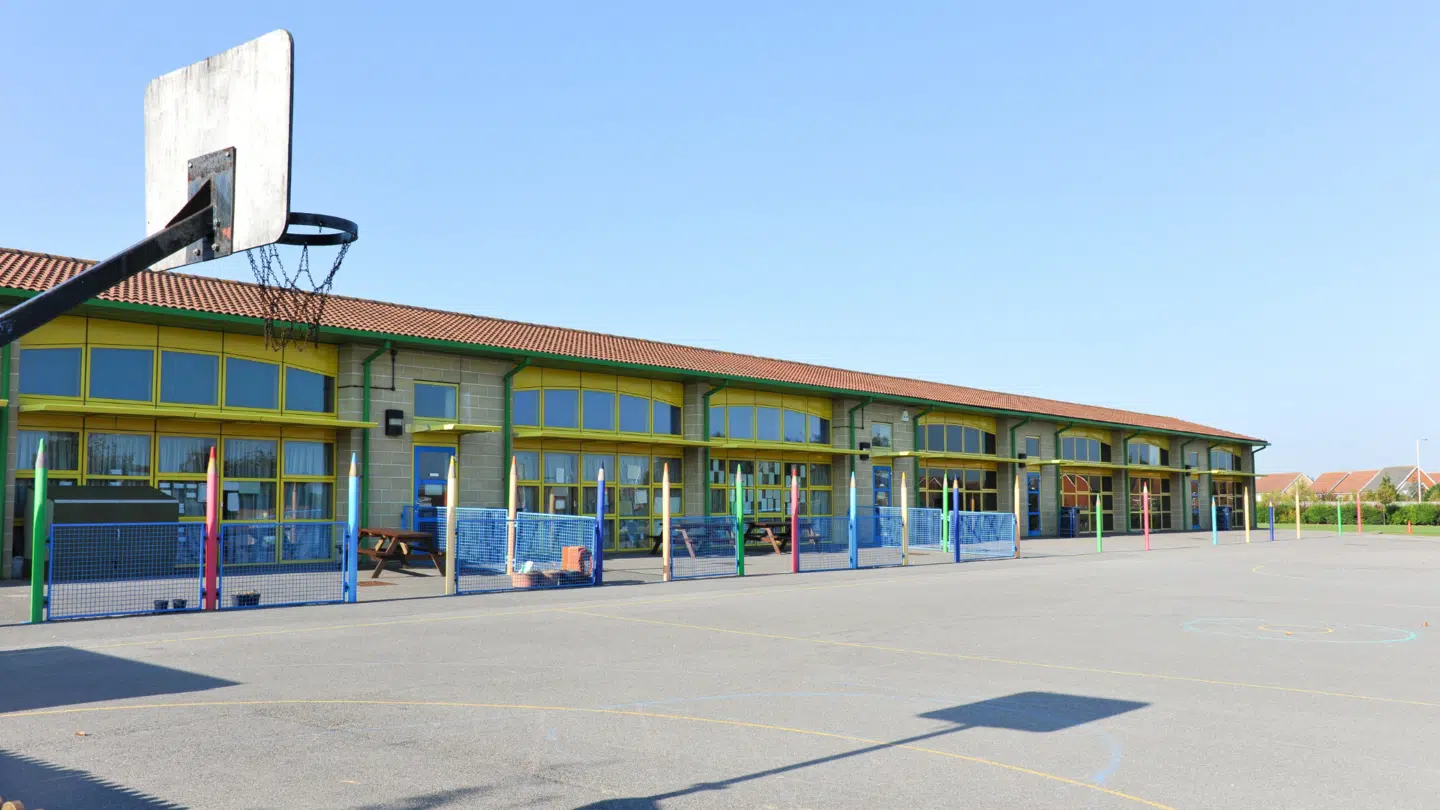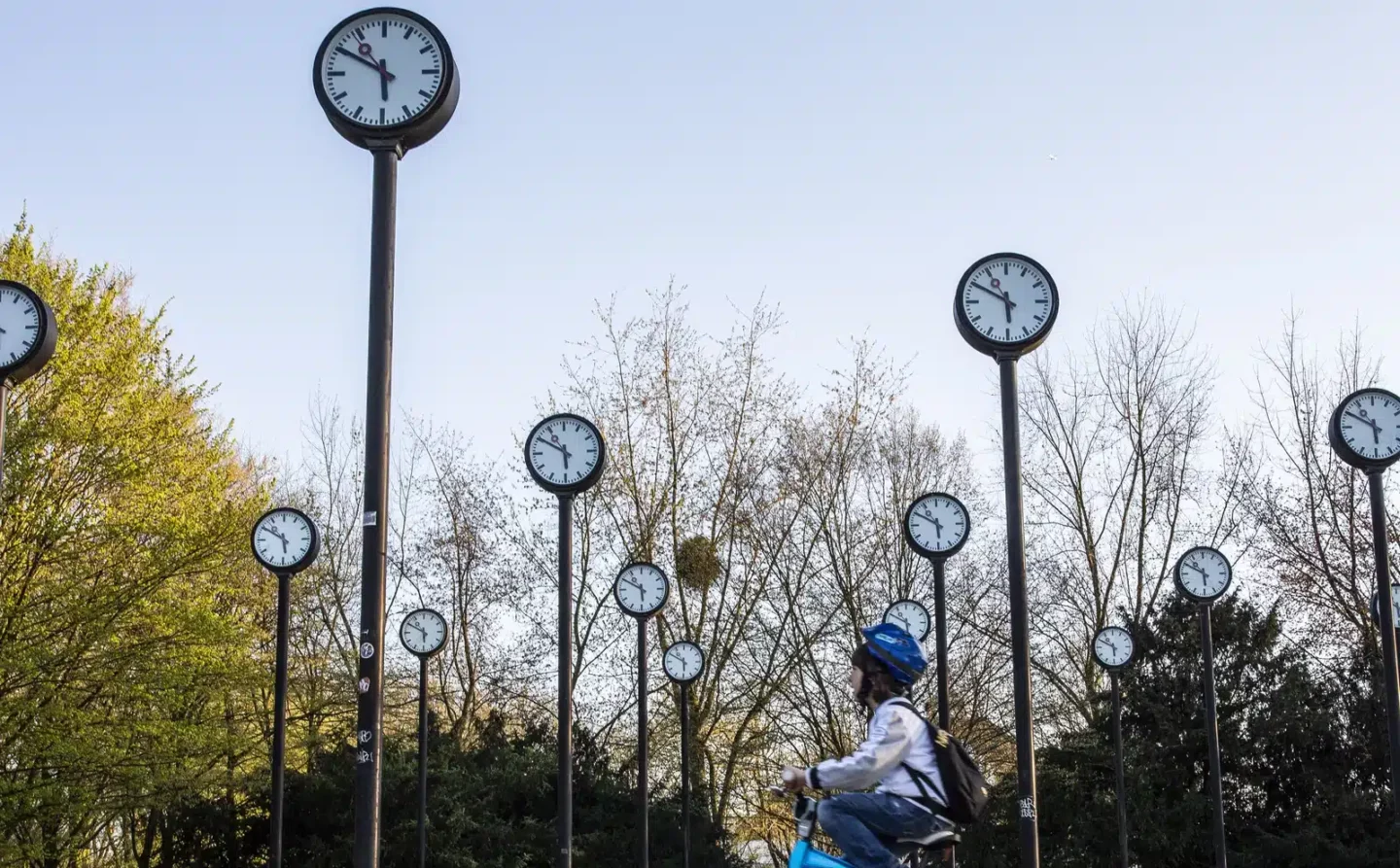“School Surveys has become a key part of our culture! It’s an incredible product.”
Michael Wright, Deputy Headteacher, Durham Johnston Comprehensive School
About Durham Johnston Comprehensive School
Founded in 1901, Durham Johnston Comprehensive School is a happy and thriving mixed secondary school in the heart of Durham City and caters for over 1500 pupils aged from 11 to 18. The school was rated ‘Outstanding’ in its last two inspections, and with its most recent having been carried out in 2015, staff are mindful that the next Ofsted visit will no doubt be happening in the not-too-distant future.
Within the leadership team, looking at staff, parent and pupil views with more context was becoming an increasing priority. Not only because the school was keen to foster a cycle of feedback and improvement amongst their community but also because benchmarked results provide key situational information around the data. This is especially useful when presenting findings to the board of governors and during Ofsted inspections.
Why School Surveys?
Michael Wright, Deputy Headteacher at Durham Johnston, is a great advocate of early tech adoption, especially when it comes to solutions that really make a difference. He discovered School Surveys after seeing a tweet from founder Harry Fletcher Wood and thought a platform that delivers expertly crafted questions to school communities sounded like a great idea.
The critical element that convinced Michael that School Surveys was the ideal survey tool for his school was its national benchmarking capabilities, powered by Teacher Tapp. The fact that he could compare his school’s results to those of similar schools meant that he would be able to see, and report on, the full picture.
At schools with high staff retention, like Durham Johnston, it can be easy to lose track of how local experiences and concerns compare to the national picture. Being able to compare results with similar schools alleviates this issue significantly. This fully informed perspective allows school leaders to put the issues that matter into context and take the first steps towards positive change.
“It can be hard to see things in context because we’ve only experienced things from our school’s point of view. School Surveys allows us to see the real picture, the bigger picture, with accurate benchmarking.”

Looking Back Over Two Years of Surveys
Durham Johnston was one of the first schools to use School Surveys after it launched in 2022 and has been delivering surveys consistently to its communities for almost two years.
Michael, who oversees the surveys as part of his leadership role, began by delivering a survey every two weeks. While this new way of providing feedback was welcomed by the school community, the two-week window didn’t give the leadership team enough time to implement change in response to the points raised. By adapting the strategy, and slimming down to a monthly survey, the issues are now able to be addressed before the next survey is rolled out.
To continue to reinforce the anonymity behind the surveys, (all School Surveys responses are completely anonymous), Michael shares the feedback in several ways: Data-driven responses are usually reported as they are and are backed by national benchmarking, whereas free-text responses are collated and written up as a collective summary before being shared. This approach is appreciated by staff and as a result, the community continues to be actively engaged and motivated to take part in the feedback cycle.

“We use our cycle of surveying and publishing the feedback as an organic and internal newsletter. It keeps us connected.”
With two years of surveys under its belt, made even easier by the speed at which surveys can be created and delivered into the hands of its community members, Durham Johnston Comprehensive School are looking forward to continuing to develop its culture of feedback with the support of School Surveys. We are thrilled that our tool has been welcomed so widely and has become embedded in the life of the school, and we wish Durham Johnston another happy year of listening and feeding back to their community.




